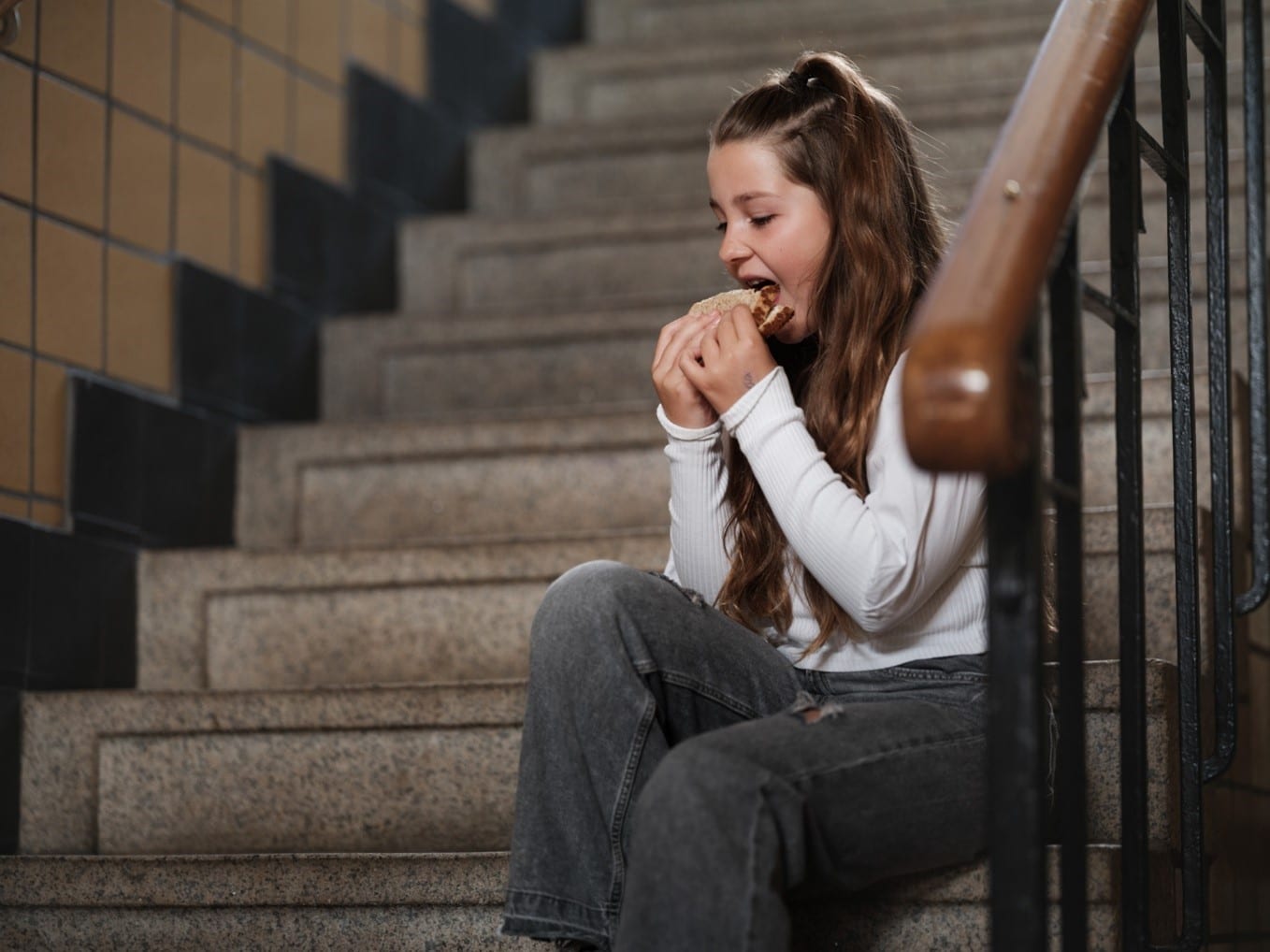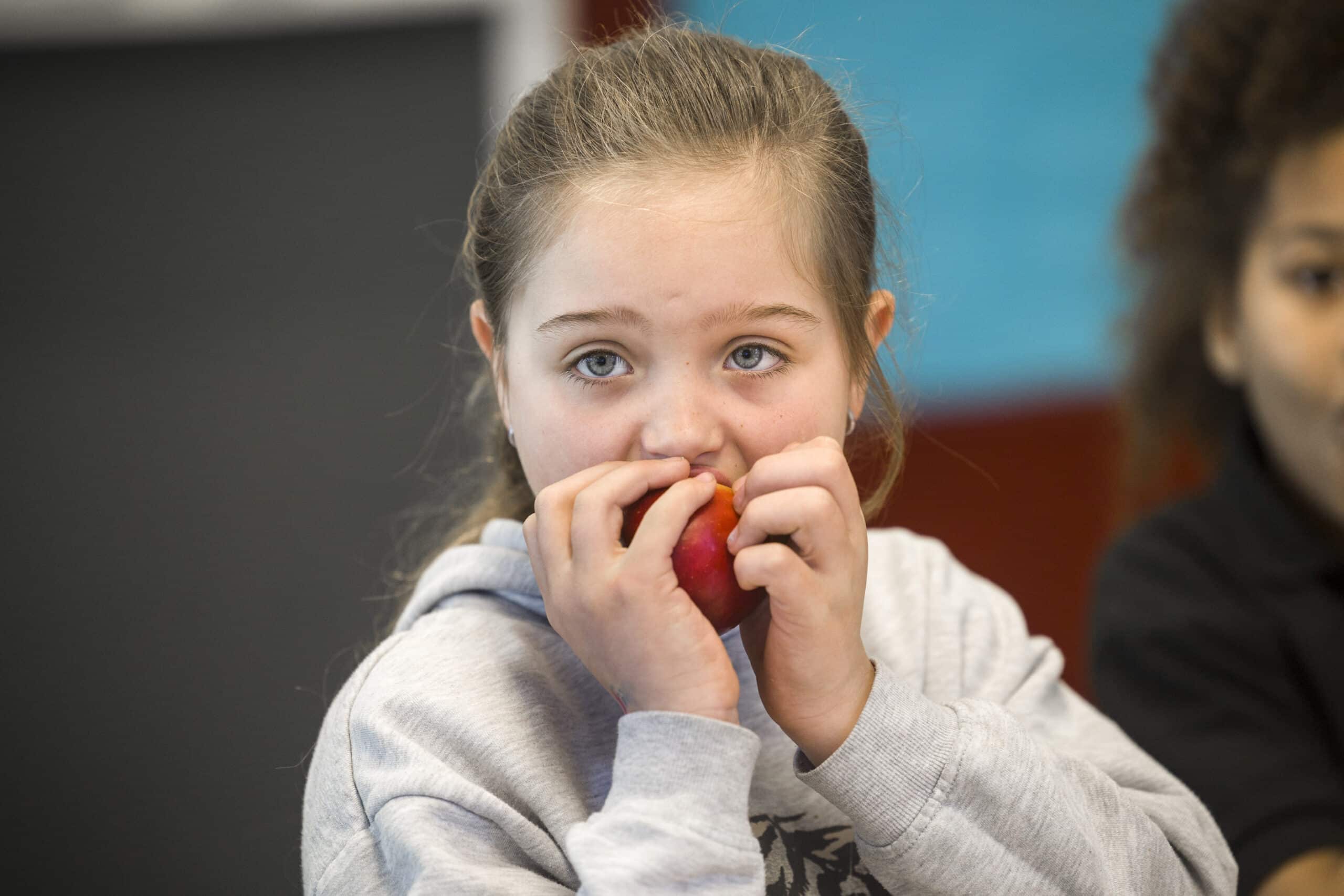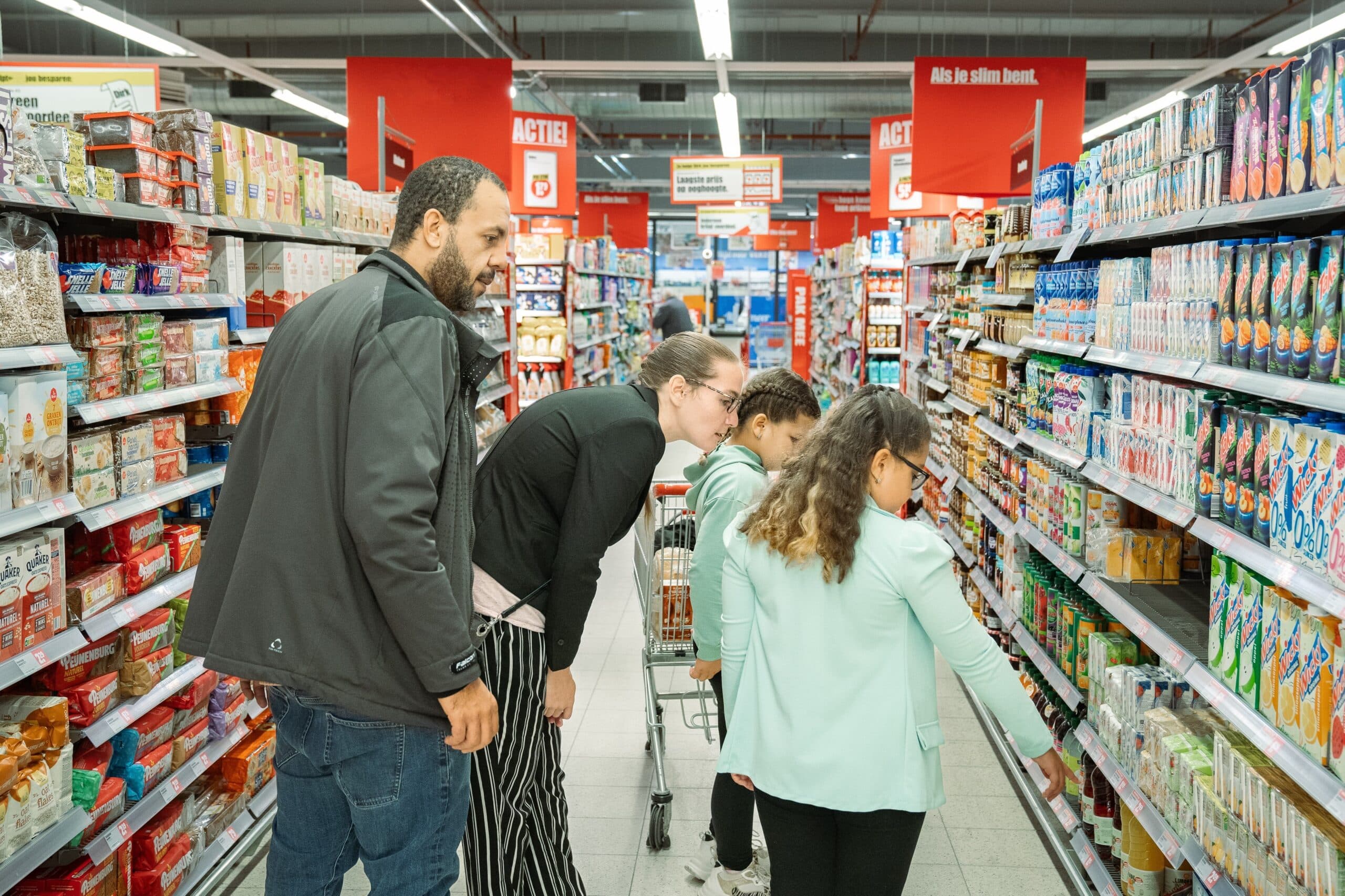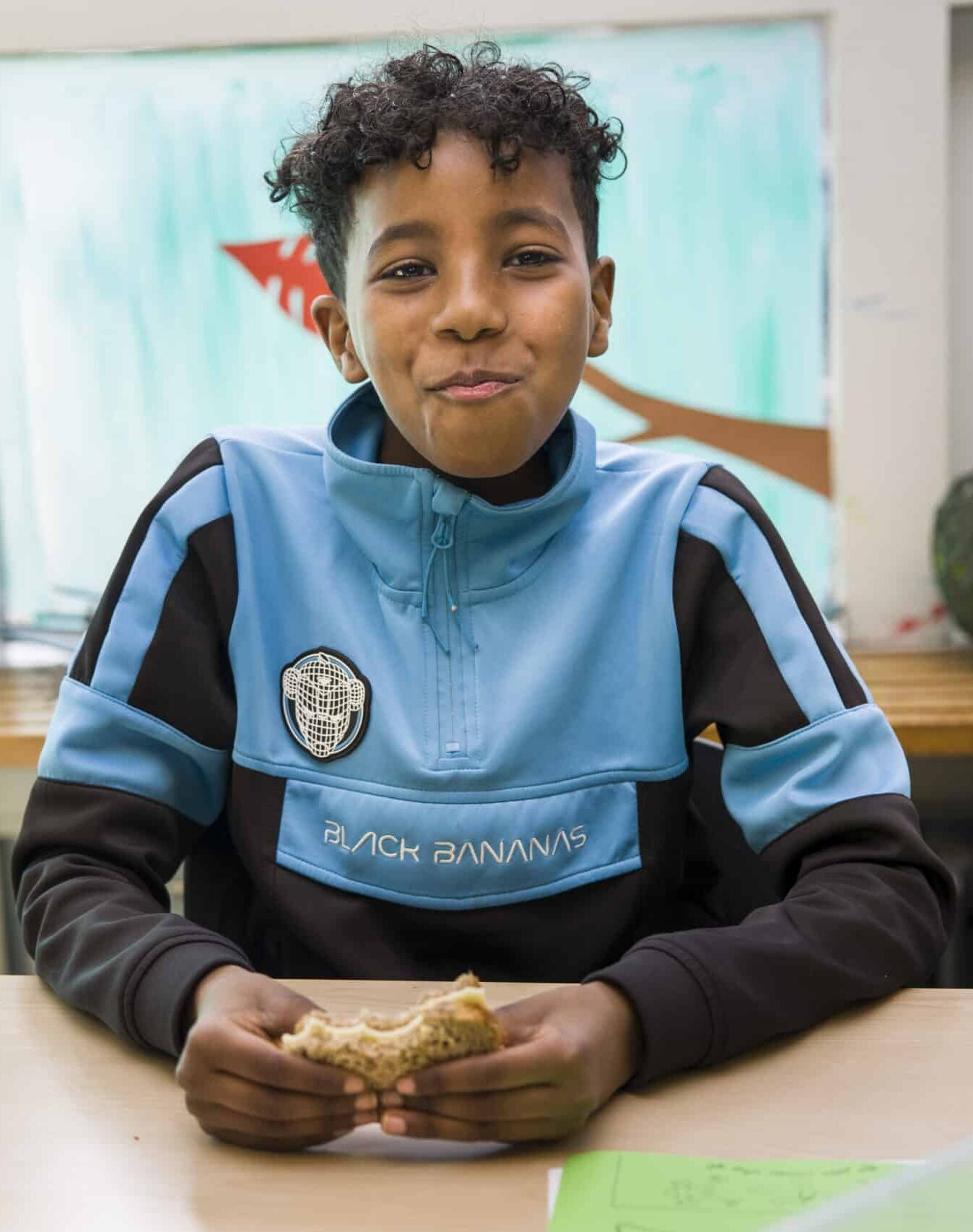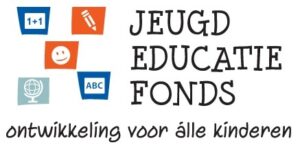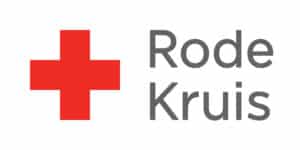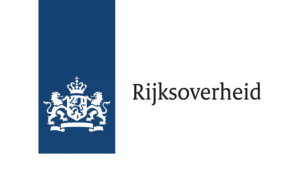News
Press Requests
Are you a journalist and do you have questions about the Grocery Cards? Then email the Press Office of the Red Cross through: [email protected]
Do you have questions about Meals at School? Then email the Press Office the Jeugdeducatiefonds: [email protected]
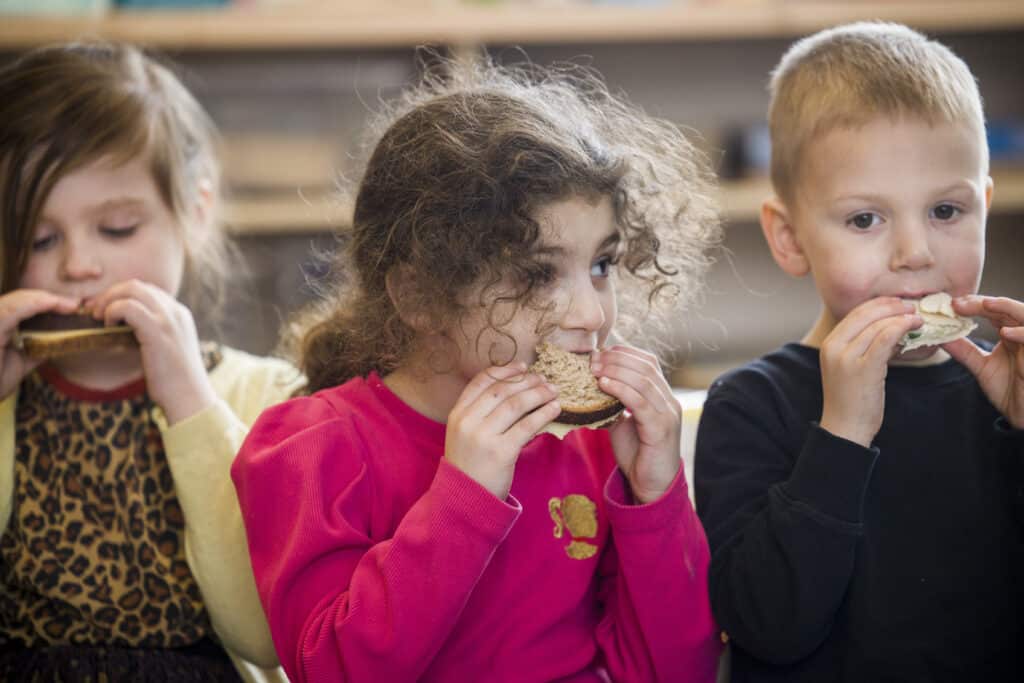
The School Meals Programme in the news
16 July 2024 – Majority of Voters for PVV, VVD, NSC, and BBB: Continue School Meals
Three-quarters of voters want the School Meals Programme to be continued after this year. This is evident from a poll by peil.nl. A majority of PVV, VVD, NSC, and BBB voters also want the Schoof cabinet to maintain the school meals.
On behalf of the Jeugdeducatiefonds, peil.nl conducted an opinion poll by Maurice de Hond. Respondents were asked three questions about child poverty and the School Meals Programme. A substantial majority (85%) of all voters believe it is (very) important that the government combats child poverty. This is notable, as the calculations from the Hoofdlijnenakkoord indicate that the Schoof cabinet’s plans cannot prevent an increase in child poverty.
3 June 2024 – Urgent Appeal from Schools to Parliament: Do Not Stop School Meals
In an urgent letter to the Dutch House of Representatives, over 2100 schools insisted on continuing the School Meals Programme. They urged MPs to extend the subsidies for providing meals to students or grocery cards to parents. If no additional funds are allocated, the programme risks ending after December 2024.
The School Meals Programme is jointly organised by the Netherlands Red Cross and the Jeugdeducatiefonds on behalf of the government. In the recently presented Outline Agreement, no funds were allocated to continue the programme following this year, despite increasing poverty among families with children. Schools fear that their students will return to classrooms hungry, with a lack of energy, and unable to concentrate.
Media attention: De Speld, De Telegraaf, De Volkskrant, RTL Nieuws, Het Parool, AD and NOP Radio 1
27 February 2024 – Over 2,000 Schools Provide Students with Free Meals at School or at home
Around 300,000 students attending classes with full stomachs.
At one in three Dutch schools, a significant portion of students comes from low-income families. Students at these schools are entitled to a free meal at school or at home. This applies to 2700 schools in primary and secondary education. Almost a year after the start of the programme, 2000 schools are taking part in the school meals programme from the Ministry of Education, Culture and Science (OCW), the Jeugdeducatiefonds (JEF), and the Red Cross. The organisations urge other schools to enrol.
Schools qualify for the school meals programme if at least 30 percent of their students come from families with relatively low incomes. Students who do not have well-stocked fridges at home receive a meal at school, or the Red Cross provides support in the form of a grocery card. For 2024, €166 million has been made available for this purpose.
5 January 2024 – Research on the School Meals Programme Shows Positive Effects, Concerns About Continuity
Children experience less hunger, more energy, and greater motivation.
The Ministry of OCW commissioned research agency KBA Nijmegen and Wageningen University & Research (WUR) to investigate the perceived effectiveness and implementation of the School Meals Programme. The research confirms the positive impact of school meals on children and shows that the programme is highly satisfactory for schools, teachers, and parents. Due to its success, schools and parents are deeply concerned about whether the programme will continue next year. Additionally, some schools providing meals indicate that it would be beneficial if a small portion of the budget could also be used for staffing costs.
The School Meals Programme is a collaboration between the Ministry of Education, Culture and Science (OCW), the Jeugdeducatiefonds, and the Red Cross. The Jeugdeducatiefonds assists schools in organising meals, and the Red Cross provides grocery cards for parents. Currently, approximately 1900 schools participate, which is more than one in four schools. Around 300,000 students receive a meal at school or at home through this programme and do not have to attend school with an empty lunchbox.

